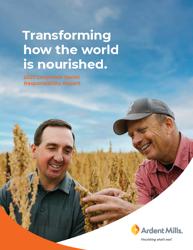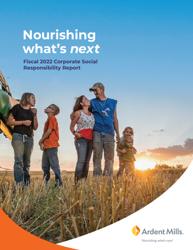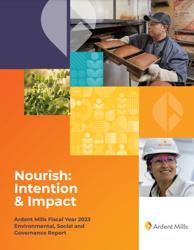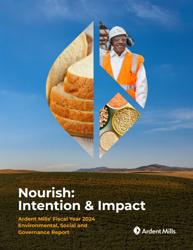Environmental, Social and Governance
Communities. People. Planet. Ingredients.
Our mission is to enhance the quality of life and standard of health
It starts with one kernel of intent and becomes a catalyst for lasting, measurable impact.
At Ardent Mills, we are focused on nourishing what’s next. In Fiscal Year 2023 (FY23), we transitioned from Corporate Social Responsibility (CSR) and introduced our Environmental, Social and Governance (ESG) program named Nourish: Intention & Impact, as well as four new pillars of focus that are designed to reflect Ardent Mills’ strategic approach: Communities, People, Planet and Ingredients.
Our ESG Goals
![]() Click on a picture to learn more
Click on a picture to learn more
1Economic development benefits is defined as: 1) Revenue generated from local, regional, and export sales that is brought into the African company and spent on further business growth 2) Farmers, who companies purchase from and increasingly purchase from as the companies grow 3) Employees, who are gainfully employed and more individuals who gain employment as the business matures and expands and 4) Consumers, who have increased access to locally made, safe, nutritious food. Local foods tend to be more trusted by consumers, so purchase of high quality locally made food (versus having to process it themselves, forgo consumption, or spend more heavily on imported foods which have tariffs added to their price) would increase.
2where utility programs exist




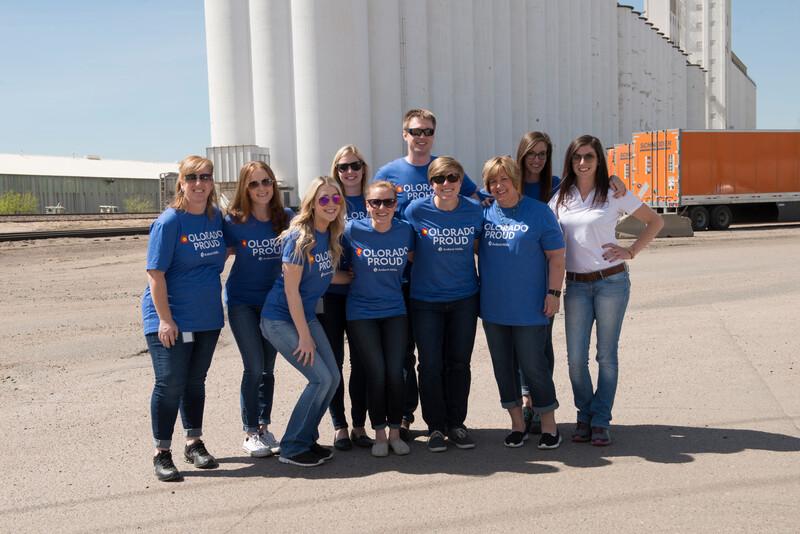 Communities
Communities People
People Planet
Planet
